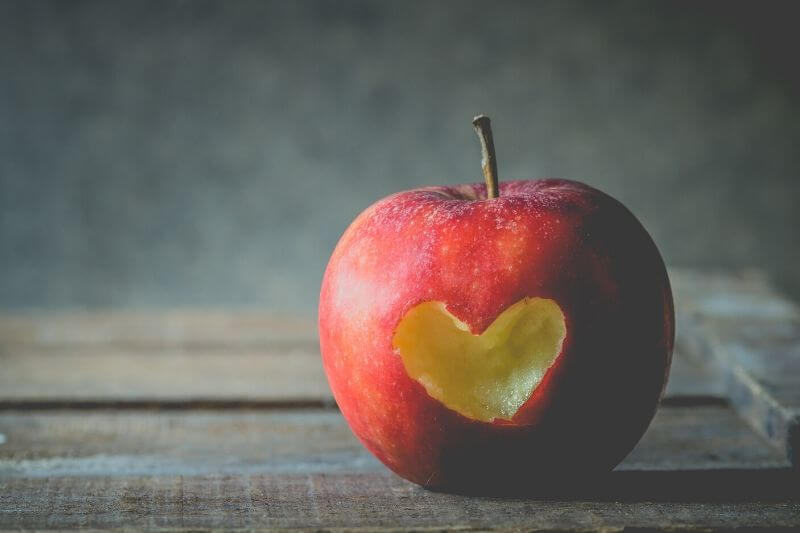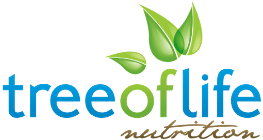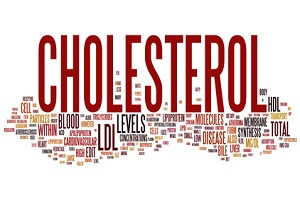
Cholesterol can be a confusing and sometimes scary topic, particularly if you have had a recent blood test and your cholesterol levels have increased and you’re unsure why or how this happened. We explain the factors impacting cholesterol, including diet.
Good and bad cholesterol
There are 2 types of cholesterol: LDL (bad) & HDL (good). The LDL cholesterol can build up in your blood vessels and if the level isn’t controlled the cholesterol can cause blockages, which has an array of consequences. The role of the HDL cholesterol is to basically get rid of the excess bad LDL cholesterol.
How does food influence cholesterol?
Cholesterol levels can be influenced by genetics but your diet can also have a major impact on your readings. There are certain foods that are high in saturated fats and can increase your LDL cholesterol and therefore you want to keep to a minimum in your diet. There are also foods high in unsaturated fats that can help increase your HDL cholesterol, which helps to keep your LDL cholesterol down and should be included in your diet in appropriate portion sizes.
Which foods should you keep to a minimum in your diet? The following foods contain high levels of saturated fats and can impact on your LDL cholesterol levels:
- fried/deep-fried foods
- pastries
- doughnuts
- some chocolates
- full-fat dairy etc.
Foods you should introduce in your diet to help improve your HDL cholesterol levels include:
- oily fish e.g. salmon & tuna
- nuts
- seeds
- avocado
- and extra virgin olive oil just to name a few!
If you have received a high cholesterol reading in your latest blood test and are wanting to get some dietary advice, book in to see one of our dietitians today!

